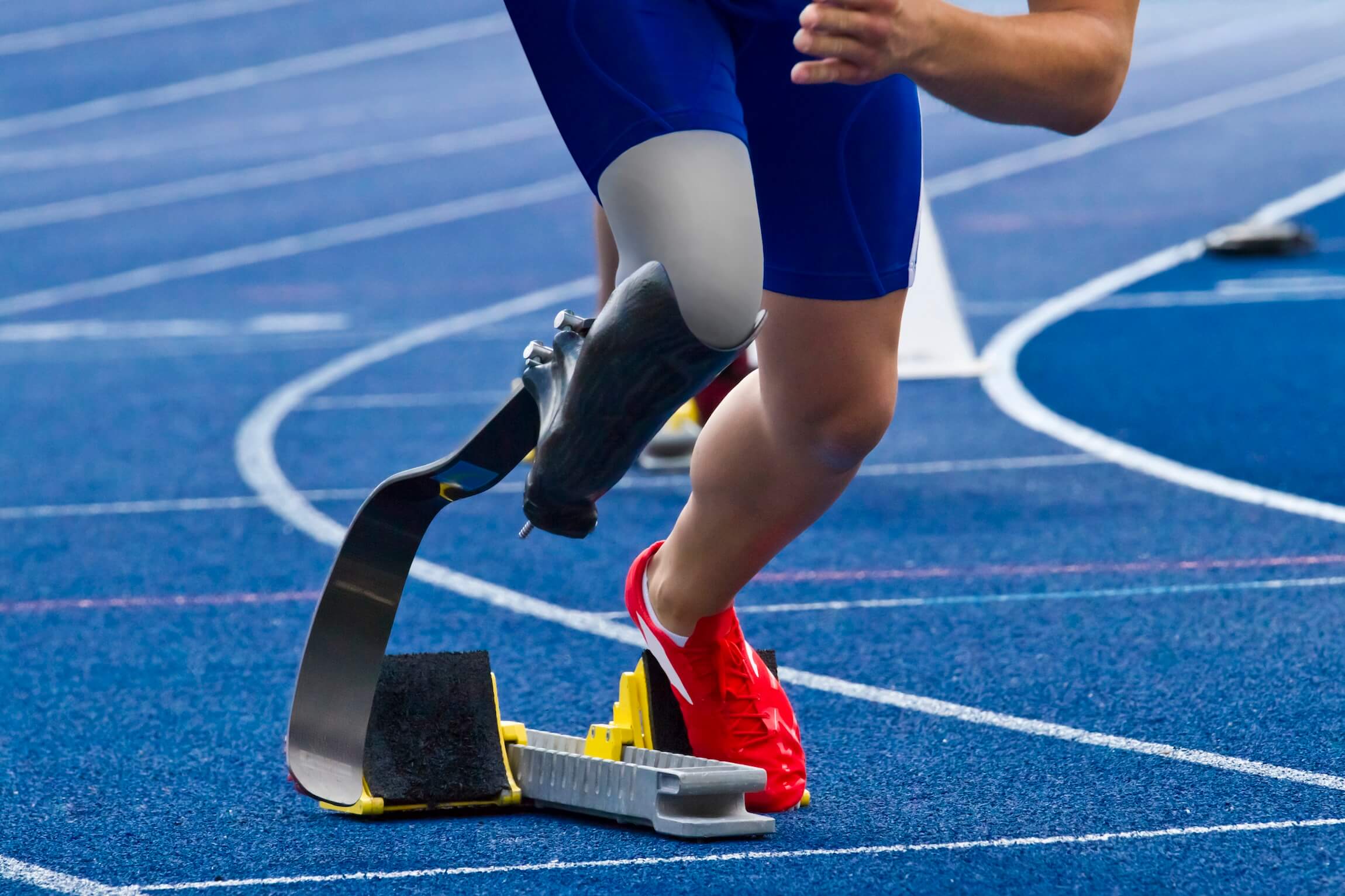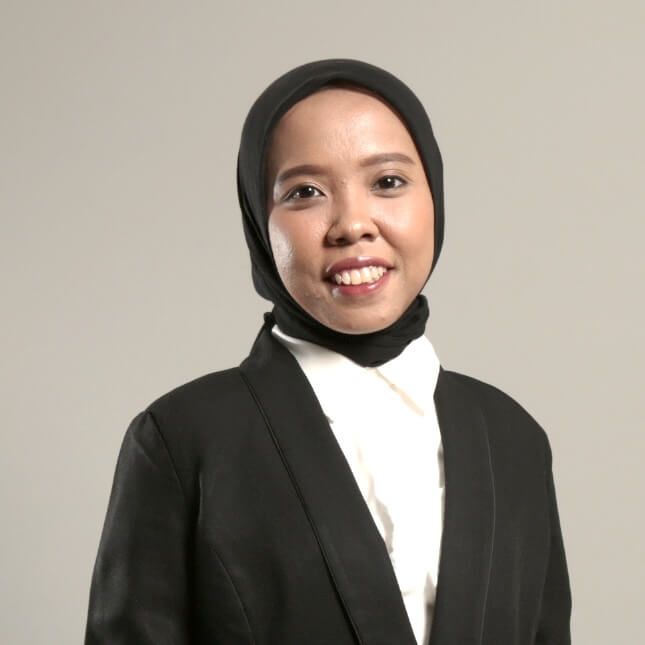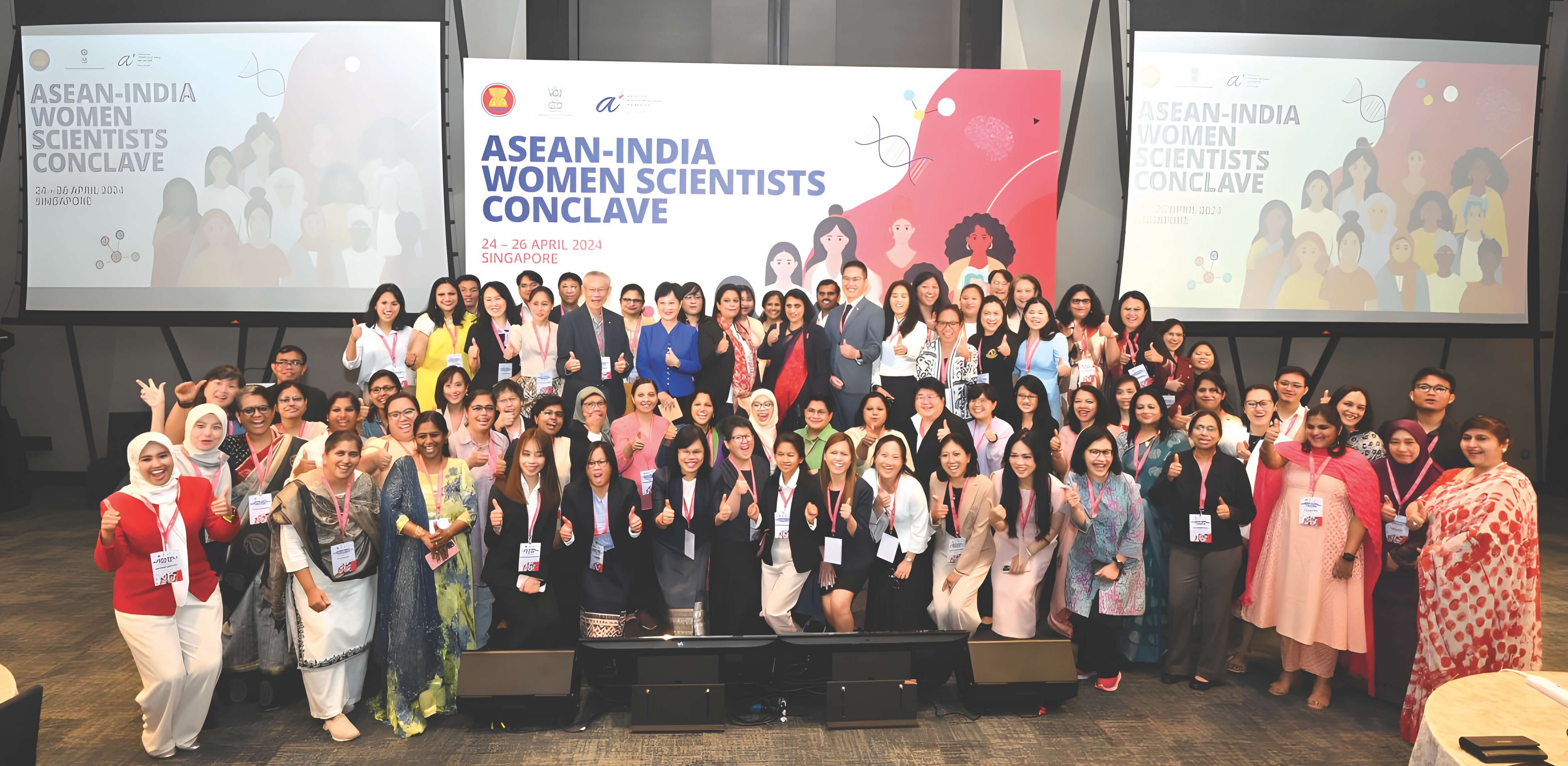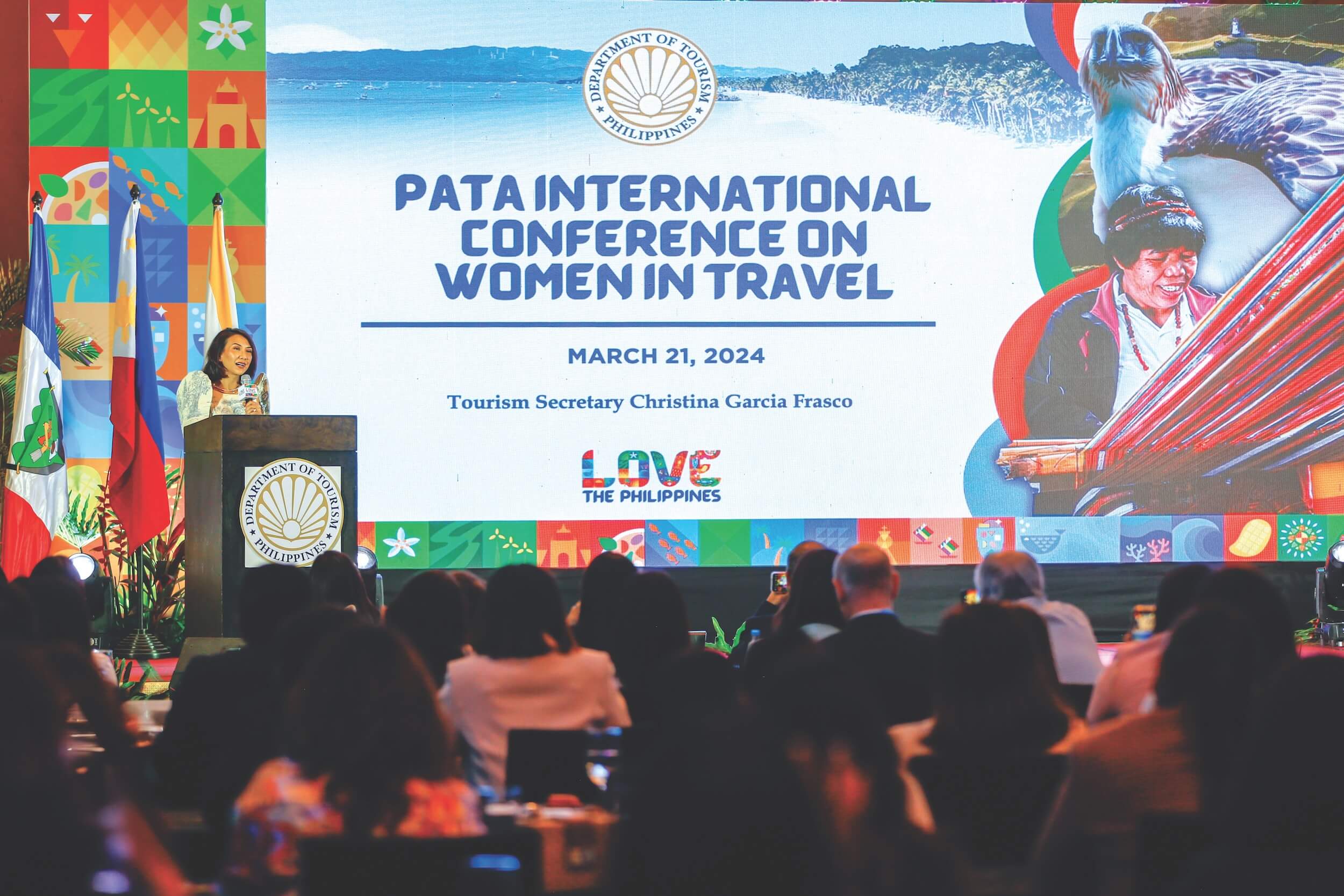




Highlights of the Policy Brief
The empowerment of persons with disabilities (PWDs) holds immense potential for ASEAN’s economic and social development. Yet, significant challenges often leave them confined to informal, low-wage employment with no job security or financial safety nets. Specifically, women with disabilities remain among the most marginalised groups, facing overlapping layers of discrimination, societal bias, and limited access to education and vocational training. Reports from the Asian Development Bank (ADB) in 2022 stated that social protection schemes rarely include women with disabilities, leaving them with limited access to financial assistance, social security, or emergency relief funds.
ASEAN has recognised these challenges and taken steps toward disability inclusion, most notably through the ASEAN Enabling Masterplan 2025. The master plan contributes to implementing the Convention on the Rights of Persons with Disabilities at the regional level. It embeds sustainable development principles in ASEAN efforts, which are in line with the United Nations 2030 Agenda for Sustainable Development. However, to achieve an inclusive and equitable ASEAN community, challenges remain in advancing disability inclusion. Significant gaps persist, including the lack of comprehensive support frameworks and a coordinated regional approach.
The recently concluded ASEAN Online Forum on the Future of Work held on 10–11 December 2024 aimed to address the challenges and opportunities in promoting workforce inclusion, particularly for PWDs. In particular, the speakers for Day 1 underscored the urgent need for inclusive policies, targeted interventions, and innovative solutions to overcome the capability, opportunity, and motivation barriers to workforce participation. Cai Cai from the UN Economic and Social Commission for Asia and the Pacific (ESCAP) shared examples of how companies are adopting remote work solutions, accessible virtual meetings, and assistive technologies to create opportunities for persons with disabilities. Technology, she emphasised, can provide the tools for a more inclusive workforce, where barriers to employment are reduced. Rudy Guiao from Accenture emphasised that partnerships between the government, private sector, and organisations of persons with disabilities are crucial to facilitate access to affordable assistive devices. Ultimately, digital transformation should put people at the heart and embed accessibility from the start.
The discussions also addressed the broader policies and strategies that can enhance employability and income opportunities for persons with disabilities. Prae Sunantaraks of Vulcan Coalition, who was born visually impaired, shared her belief that disability should not prevent anyone from living a full and meaningful life and that there is a need to focus on abilities, and not on limitations. Creating accessible learning environments and providing psychosocial development support, she argued, is key to empowering individuals and breaking down barriers to labour market participation. Ryan Gersava, founder of Virtualahan, highlighted the importance of focusing on the abilities of PWDs, creating accessible learning environments, and providing psychosocial development support to change public perception and address stigma. Lim Puay Tiak from the ASEAN Disability Forum added another perspective, emphasising the need for intentional collaboration. He argued that for real transformation to happen, PWDs must be placed at the centre of the conversation and actively involved in shaping solutions.
Focusing on inclusion and empowerment is critical for ASEAN to advance workforce inclusion truly. It means creating pathways for PWDs, specifically women with disabilities, to access quality education, vocational training, and secure employment while ensuring workplaces are physically and digitally accessible.
Equally important is the need to incorporate the voices of PWDs into the design and implementation of policies and programmes. Too often, initiatives are designed with a “one-size-fits-all” approach, overlooking the diversity of needs within the disability community. By fostering partnerships with organisations of persons with disabilities—particularly those led by women—ASEAN can ensure its initiatives align with the aspirations and challenges faced by women with disabilities.
The forum concluded with a clear call to action: achieving workforce inclusion requires deliberate and sustained collaboration. Governments, private sector actors, and civil society must work together to create an environment where persons with disabilities can thrive. By embedding accessibility into policies, expanding educational and economic opportunities, and addressing societal stigmas, ASEAN can harness the talents and perspectives of persons with disabilities—unlocking a wealth of potential that benefits individuals and society.
For ASEAN to truly advance workforce inclusion, focusing on inclusion and empowerment is crucial. This means creating pathways for PWDs to access quality education, vocational training, and secure employment while ensuring workplaces are both physically and digitally accessible. It also means addressing intersectionality—the recognition that every woman’s experience is shaped by her culture, socioeconomic background, and the type of disability she lives with.
As the region looks to the future, ensuring women with disabilities are not left behind is more than a goal; it is a necessity for achieving sustainable development. Inclusion is not just about removing barriers—it is about creating opportunities, building trust, and enabling every individual to contribute to a brighter, more equitable future.
About the Forum
The ASEAN Online Forum on the Future of Work, co-organised by the ASCC Analysis Division and the Labour and Civil Services Division (LCSD) of the ASEAN Secretariat with support from Verian as the consultant, is an activity under the ASCC Research and Development (R&D) Platform on the Future of Work. Supported by the ASEAN-Republic of Korea Cooperation Fund, it is part of the broader ASCC R&D Platforms Programme, which aims to support policymaking through research and analysis of megatrends and challenges impacting the ASEAN region.
Ms. Idin Virgi Sabilah was a Project Officer in the ASCC Analysis Division at the time of this writing
For more details on the forum, read the press release: https://asean.org/asean-champions-inclusive-and-innovative-workforce-development-at-future-of-work-forum/
Reference:
Asian Development Bank (ADB) (2022). Strengthening Disability-Inclusive Development: 2021–2025 Road Map. https://dx.doi.org/10.22617/TCS220055-2








